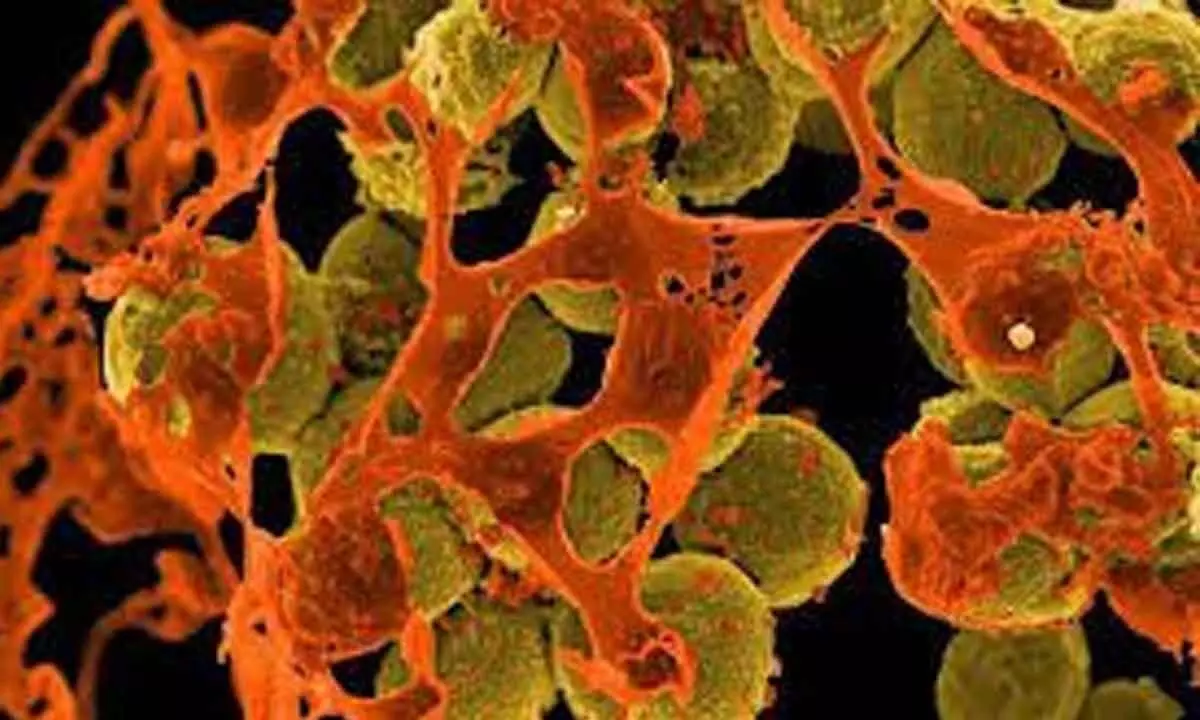FSSAI charts action plan on AMR issue
Central food authority directed officers concerned in States, UTs to create awareness among farmers on judicious use of antibiotics in livestock, aquaculture, poultry, etc
image for illustrative purpose

New Delhi: In a series of directives, Food Safety and Standards Authority of India (FSSAI) has asked the Commissioners of Food Safety of States and Union Territories (UTs) to ensure the target of 100 healthy and hygienic food streets, the quality of edibles during the festive seasons like Navratri, and the purity of milk and milk products.
The FSSAI’s Central Advisory Committee (CAC) has prepared an action plan on anti-microbial resistance (AMR). As per the plan, official sources told Bizz Buzz, the Central Food Authority has directed the officers concerned in States and UTs to create awareness among farmers regarding the judicious use of antibiotics in livestock, aquaculture, poultry, etc.
The FSSAI has directed States to prepare their surveillance plans and conduct regular meetings with State labs and their officials for the target of 100 healthy and hygienic food streets. Clean marketplaces and health clubs in both State and Central government schools should be established, it said, adding that there should be app-based models and literature in regional languages to encourage the younger generation.
The FSSAI has also directed States and UTs to make efforts to create awareness about the importance and benefits of fortified rice.
It has also directed them to ensure the quality of milk and milk products like khoya and sweets is not compromised during the festive season. At this time, the demand for such products increases. Worse, there is an economic motivation for crooked producers to adulterate these products to meet the rising demands. The FSSAI has recommended preventive measures like special surveillance and enforcement drives by the officers concerned, especially at hotspots of such practices.
Further, there is the issue of edibles made and consumed during Navratri like buckwheat flour (kuttu ka atta), chestnut flour (singhara atta), samvrat rice, makhana, and sabudana. There have been incidents of food poisoning because of poor storage and handling and sale of expired products. The FSSAI has directed States and UTs to ensure the quality of edibles during Navratri.

